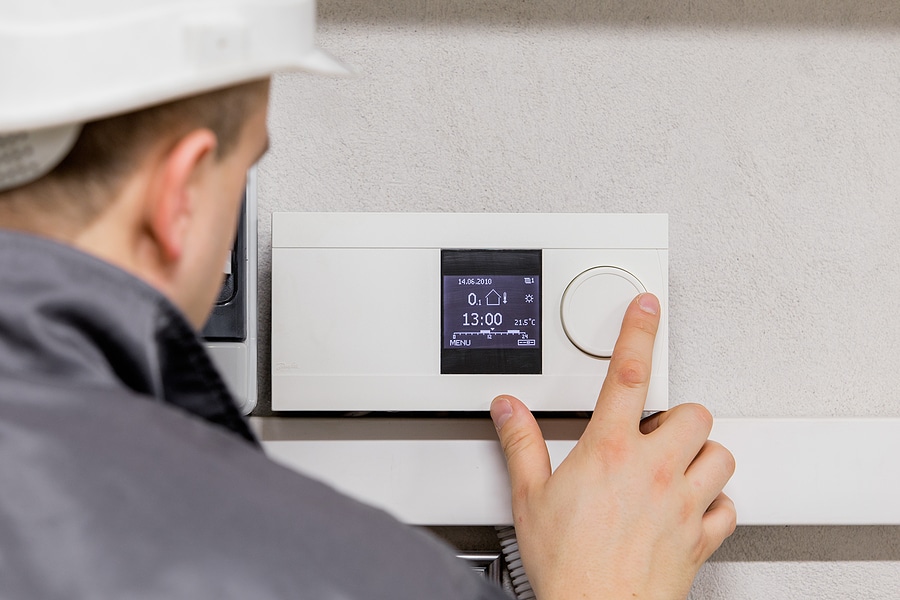In large commercial facilities, HVAC systems play a crucial role in maintaining a comfortable and productive environment. However, these systems can lead to inefficient energy use and skyrocketing costs without proper control. Optimizing HVAC controls is key to achieving better climate control while also saving on energy expenses. Here’s how facility managers in Kokomo can enhance their HVAC systems for improved performance and cost efficiency, as well as how Quality Plumbing & Heating Inc. can help.

The Importance of Optimized HVAC Controls
Optimizing HVAC controls isn’t just about comfort—it’s also about managing operational costs. The HVAC system is often one of the biggest energy consumers in large commercial facilities. If the system isn’t operating efficiently, it can lead to unnecessary energy consumption, resulting in higher utility bills.
Proper HVAC controls allow you to fine-tune the system according to the specific needs of your facility. This means you can avoid overcooling or overheating spaces, ensure that equipment runs only when necessary, and maintain an environment that supports both employee productivity and customer satisfaction.
Strategies for Optimizing HVAC Controls
Implement Programmable Thermostats: Programmable thermostats are a simple yet effective way to optimize your HVAC system. They allow you to set specific temperatures for different times of the day, ensuring that heating and cooling systems operate only when needed. This reduces energy waste during off-hours when the building is unoccupied.
Utilize Zoning Systems: Zoning systems divide your facility into different areas or zones, each with temperature controls. This enables you to tailor the climate to the unique needs of each zone. Utilizing zoning reduces energy usage in less occupied areas without sacrificing comfort where it’s needed most.
Incorporate Building Automation Systems (BAS): Building automation systems provide centralized control of your HVAC system, allowing for real-time monitoring and adjustments. BAS can integrate with other systems, such as lighting and security, to create a comprehensive energy management strategy. These systems can automatically adjust HVAC settings based on occupancy, weather conditions, and time of day, further enhancing efficiency.
Regular Maintenance and System Upgrades: Regular maintenance is essential to keep your HVAC system running efficiently. Dirty filters, leaky ducts, and outdated equipment can all reduce system performance. Additionally, upgrading to more advanced control systems, such as those with smart sensors or AI-driven analytics, can provide more precise control and identify potential issues before they become costly problems.
The Benefits of Optimized HVAC Controls
By optimizing your HVAC controls, you can expect several benefits:
- Reduced Energy Costs: More efficient operation means lower utility bills.
- Improved Comfort: Tailored climate control ensures a more comfortable environment for occupants.
- Extended Equipment Lifespan: Efficient operation reduces wear and tear on HVAC equipment, leading to fewer repairs and replacements.
- Sustainability: Lower energy consumption contributes to a smaller carbon footprint, supporting your facility’s sustainability goals.
Call Quality Plumbing and Heating
Optimizing your HVAC controls is a smart investment in comfort and cost savings. If you’re ready to take your facility’s HVAC system to the next level, Quality Plumbing and Heating is here to help. Call us today at (833) 235-9260 to request service.
